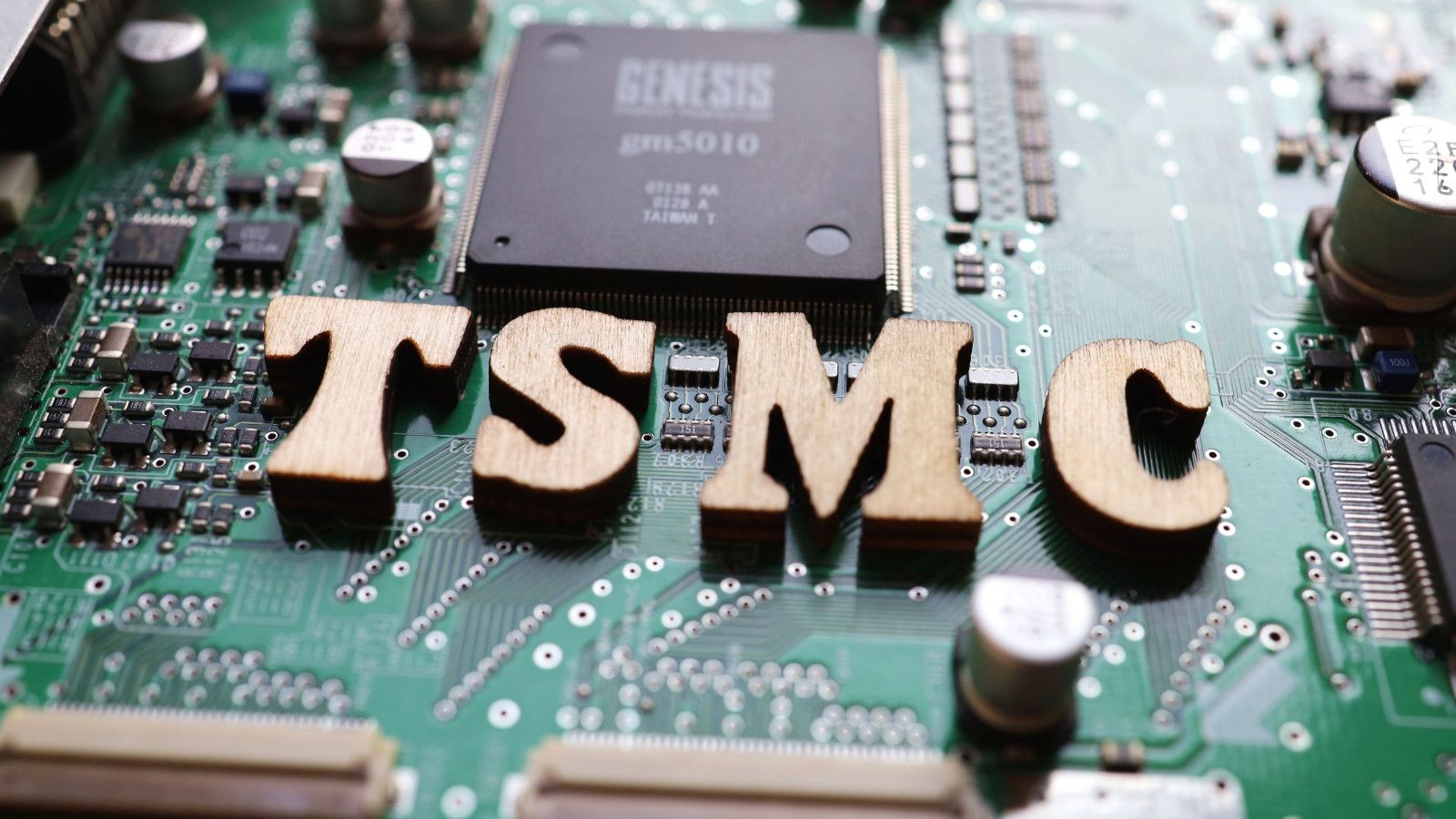Apple is expected to secure nearly half of TSMC's initial 2nm chip production for its upcoming A20 chip. This processor will most likely power the iPhone 18 series in 2026.
According to DigiTimes, supply chain sources report that TSMC could ramp up its 2nm production. Despite the higher cost per wafer, the demand is quite high, with Apple trying to secure nearly half of the production.

TSMC will begin mass producing 2nm chips in Q4 2025. Due to the higher demand, the firm has expanded its fabrication facilities at Hsinchu Baoshan and Kaohsiung. Reports also suggest that the 3nm and 4nm manufacturing is still fully booked, with the firm expecting stronger profitability despite tariffs and rising costs.
The report suggests that besides Apple, AMD, Qualcomm, MediaTek, Broadcom and Intel have all begun placing orders. Both plants are reported to boast a production capacity of 45,000 to 50,000 wafers by the end of 2025, and could exceed 100,000 wafers in 2026.
With TSMC's Arizona plant expected to start mass production later down the line, the number is expected to reach 2,00,000 in 2026. By 2027, additional firms that could join the 2nm race include NVIDIA, Google, Amazon's Annapurna Labs, Marvell and Bitmain.

Qualcomm's Snapdragon 8 Elite 3, which is expected to launch later in 2026, could be based on TSMC's 2nm process. That said, the firm's upcoming Snapdragon 8 Elite 2 for Galaxy could be the first 2nm SoC thanks to Samsung's lead.
Qualcomm is also expected to launch the Snapdragon 8 Gen 5 with 8 Elite 2's architecture. It could arrive as a cheaper alternative to the Snapdragon 8 Elite 2, which is expected to get a slight price bump.
The race for the 2nm chipset should get a lot more interesting as we get closer to phone and SoC launches next year. With the newer processors expected to cost firms a fortune, it should be interesting to see the strategy firms pick to incorporate them in devices. Stay tuned as we will be covering any new developments in this space.

























.jpg)

